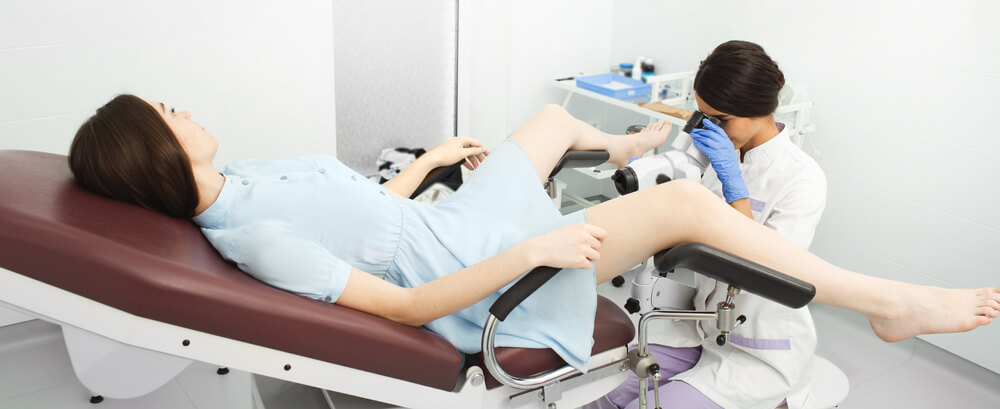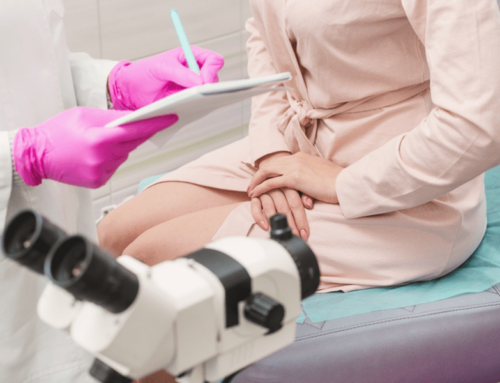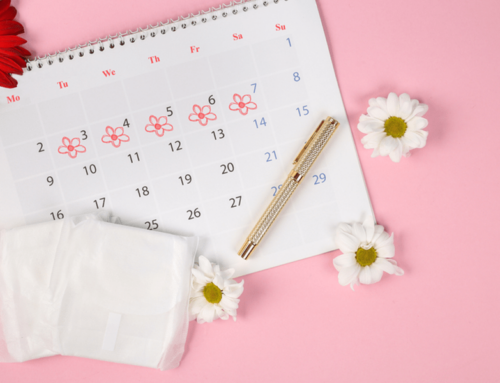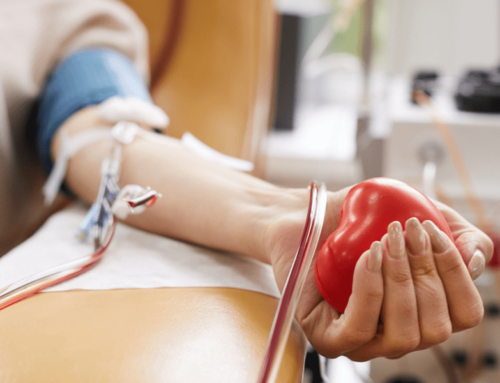It’s normal if you feel slight discomfort and anxiety because your doctor recommended a follow-up colposcopy. Something that can soothe your nerves is learning more about this procedure. At Gynecology Jacksonville FL, clinic, we strive to encourage and educate women while providing them with a safe space.
We will talk more about colposcopy preparation, how long a colposcopy takes, and colposcopy results. We will also mention colposcopy aftercare. New insight into the procedure will bring you comfort, and slight relaxation, so be sure to continue reading.
What Is a Colposcopy?
A colposcopy is a medical exam used to investigate the cells of your cervix, vulva, and vagina. Colposcopy doesn’t last long, and it’s a pretty simple exam but highly effective. It is done most commonly after an abnormal Pap smear test result.
Colposcopy is done with a colposcope that emits light and magnifies the cervix and vaginal wall. It is a precise instrument that helps healthcare professionals closely and more clearly examine cervical and vaginal tissue.
The doctor can sample the tissue while performing colposcopy for further examination if other abnormal changes are noticed in the tissue.
Why Is Colposcopy Done?
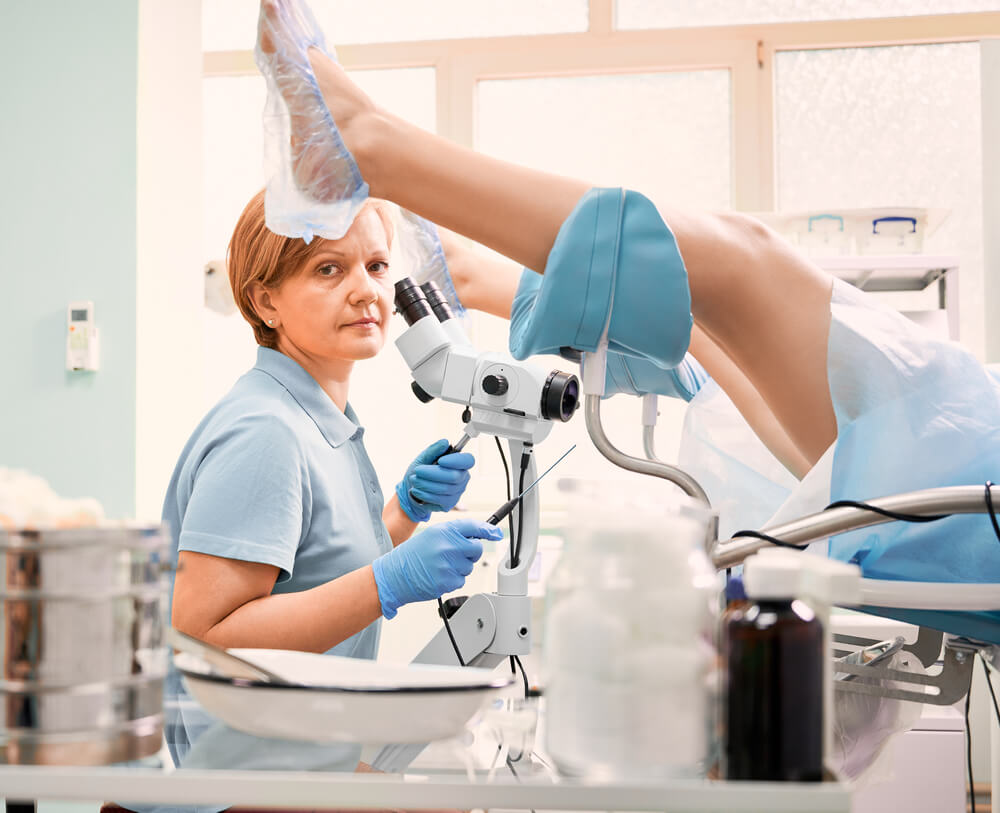 Colposcopy is usually recommended when an abnormality is detected in the Pap smear or cervical screening tests. If a change in cells is noticed, it needs to be investigated.
Colposcopy is usually recommended when an abnormality is detected in the Pap smear or cervical screening tests. If a change in cells is noticed, it needs to be investigated.
If you get an abnormal Pap smear result, you shouldn’t panic or worry. It doesn’t have to be anything alarming, but you should check it as soon as possible. That’s why a colposcopy is done, to view and examine the cells and identify what changes are happening within them.
Most often, the changes in cells are not harmful, and everything can get back to normal with a simple treatment.
However, you should never ignore your results and always do a follow-up check when faced with abnormal cell results. Colposcopy is a great way to detect more severe conditions and precancerous cells early, so you should never skip it.
Other Reasons to Get a Colposcopy
There are several other reasons why you would need a colposcopy, and here are some of them:
- Unexplained vaginal bleeding
- Possible genital warts
- Other sexually transmitted infection
- Unexplained pain in lower abdominal regions
What Can Be Diagnosed With Colposcopy?
Colposcopy results are the best way to diagnose various cervical, vaginal, and vulvar conditions, such as:
- Cancer
- Inflammation of the cervix (Cervicitis)
- Precancerous cell changes (Dysplasia)
- Genital warts
- HPV
What to Expect From a Colposcopy?
A colposcopy exam doesn’t take long, and it’s not complicated. It can be discomforting and make you anxious, especially when you don’t know what to expect. That’s why here at Gynecology Jacksonville FL, we love to talk to our patients, answer their questions, and walk them through the preparation for colposcopy and the whole procedure as well.
Making a safe space for you is our primary goal, and that’s why we are now going to talk about preparation for colposcopy, the procedure, colposcopy aftercare, and what to expect from colposcopy results.
Preparation for Colposcopy
You should and shouldn’t do certain things before your colposcopy to ensure the most comfortable exam and the most precise colposcopy results.
Avoid Intercourse Before Your Procedure
It would help if you didn’t have intercourse for at least two days before your appointment because the cervical tissue is sensitive, and it gets irritated during intercourse, which can interfere with getting accurate results.
Avoid Inserting Anything Into Your Vagina
For the same reason, you should avoid vaginal intercourse, you shouldn’t insert anything into your vagina two days before the examination. That includes douches, vaginal creams, spermicides, medications, sex toys, and even tampons.
Schedule Around Your Period
You shouldn’t schedule a colposcopy during your period because menstrual blood can make it challenging to perform the exam. The blood can obstruct the view of your cervix and cervical cells. You can schedule the appointment before your period or a few days after your period once you stop bleeding or spotting.
How Does a Colposcopy Exam Looks?
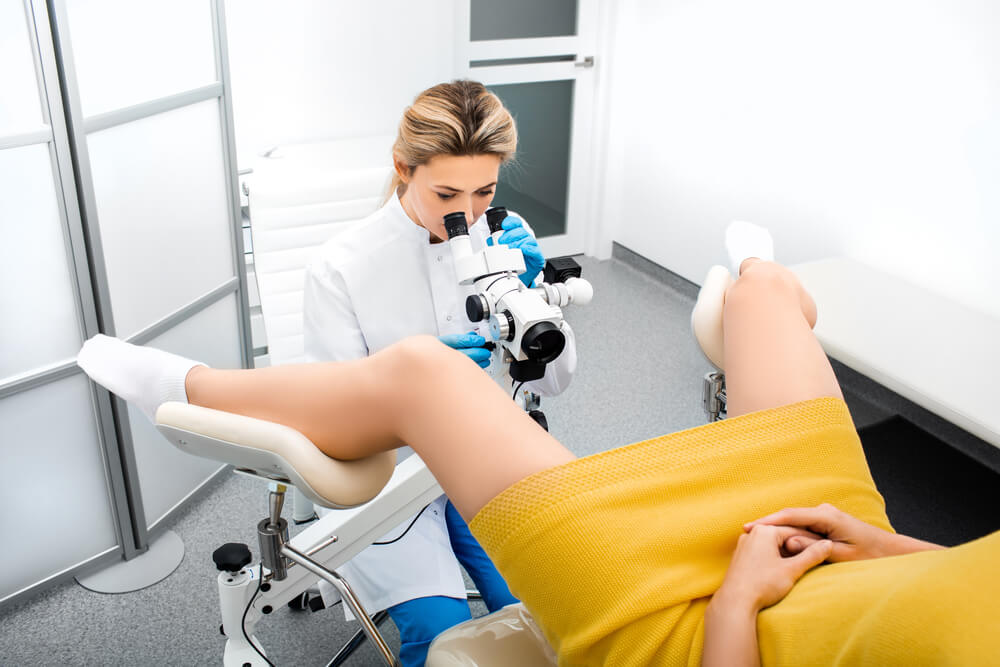
We at Gynecology Jacksonville FL know that the best preparation for a colposcopy exam is to learn more about the procedure and what you can expect.
It is performed in the same position as a regular pelvic exam, and a speculum is used to open the walls of the vagina—that way, the cervix and the vagina can be seen easily with a colposcope.
Colposcope is a medical device with a microscope and a light on its end so that the cells can be examined precisely. Areas of concern are inspected with this tool, and with it, a healthcare provider can easily distinguish precancerous or cancerous cells from others.
A common practice is brushing vinegar or an acid solution over your cervix to wash away mucus for a clearer view. You may experience slight discomfort, a sensation of burning or tingling when the solution is applied.
Even if it sounds complicated to you, and you are thinking about how long does a colposcopy take, the answer is only around 15 minutes.
A biopsy can be performed if the doctor notices suspicious cells or areas during the exam, and a sample tissue is taken for further examination.
A biopsy isn’t that scary, and the doctor will notify you if a biopsy is needed. The targeted area will be numbed so that you don’t feel pain while the tissue is sampled, but you may feel mild cramping or pressure. Depending on the various factors, the biopsy can be done with a scalpel, laser, or punch instrument.
Colposcopy Aftercare
Colposcopy aftercare will depend on if you have had a biopsy or not. If you don’t have a biopsy, you will get your results right after the exam. You should also feel normal and can go on with your regular daily activities.
If you had a biopsy, you could experience light bleeding or discharge that can last for a few days. The discharge can be dark, but you shouldn’t be afraid it can be like a paste that is often used to stop the bleeding after the biopsy.
Your doctor will provide you with all of the instructions, but you should know that you shouldn’t insert anything into your vagina for at least one week after the procedure. That includes tampons, douches, vaginal creams, medications, and you should refrain from vaginal intercourse.
It would be best to rest for a day or two after the biopsy and restrain any strenuous physical activity.
We Are Here for All Your Questions
We hope that you now feel a bit more relaxed and prepared for your future exam. Remember that there isn’t anything scary about it and that it will be over soon. Do you still have any more uncertainties around this procedure, and how should you prepare for your appointment? If you do, feel free to contact us, and we will answer all of your questions and help you prepare for your appointment stress-free.


